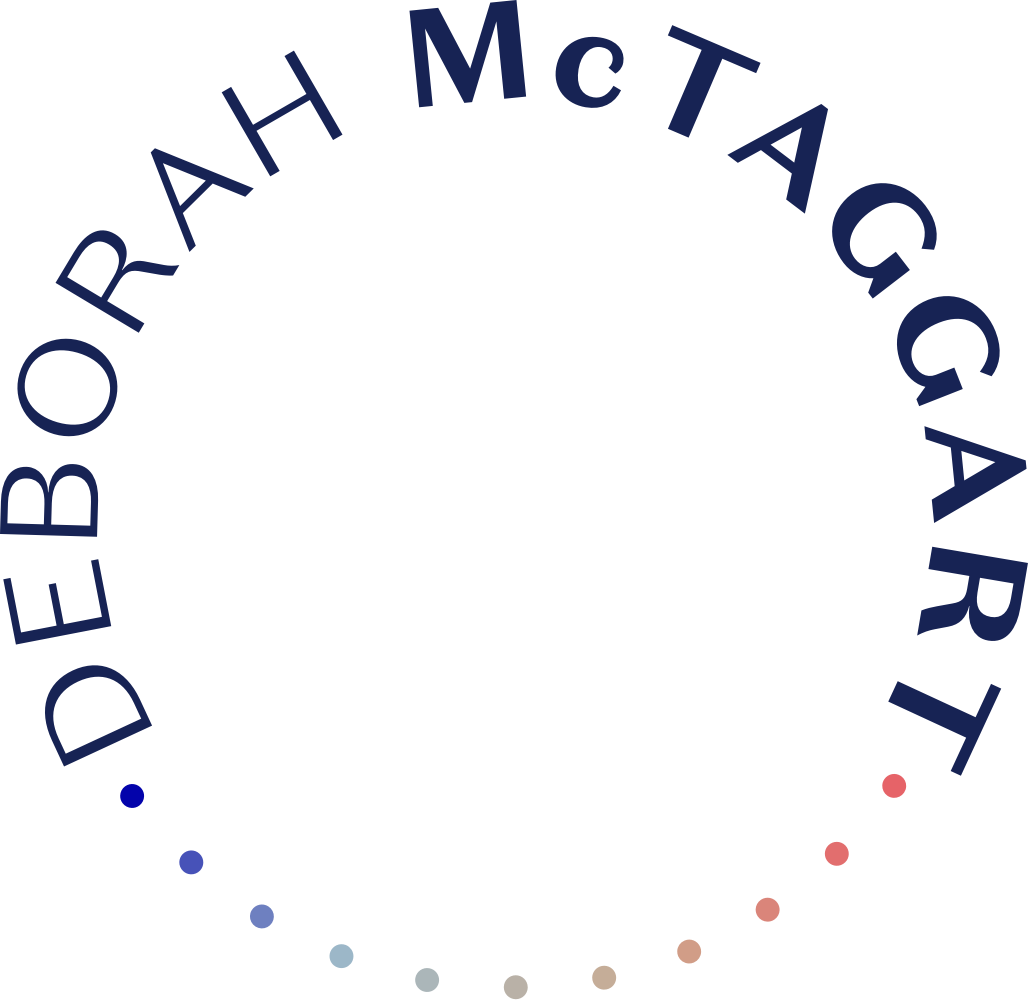Key Energy Nutrients: Magnesium, Vitamin B
Ok, so I’ll start with the headline that all whole food is key in providing energy. We need protein to build every fabric of your being, from neurotransmitters and hormones to muscle synthesis. We need fat for energy (9kcal/gram), to absorb key nutrients (A, D, E and K), to protect our organs, promote cellular growth and to keep our cell membranes supple (for fluidity of nutrients and waste). We need carbohydrates for nutrients (vegetables and fruit) and obviously carbs can provide energy for sport.
Here I want to mention 2 nutrients - the family of B vitamins, and Magnesium. You want to be ensure you are eating B and Magnesium rich foods all day long.
The family of B vitamins is one of the most important in the creation of energy in the body. B vitamins act as co factors, helping speed up the process of energy conversion from food. Without them things slow down and we start to feel tired.
We tend to use a lot of B nutrients up when we are stressed, unwell or recovering from injury.
Best food sources for B vitamins are whole grains like rice, oats and rye. The B’s are plentiful in green leafy vegetables, poultry, eggs, fish, liver and beans.
Try adding an extra serving of leafy greens or a Tb of seeds to your meals. B Vitamins will really help you maximise the energy from the food you are eating.
Magnesium
This wonder nutrient is so very important in the creation of energy in our bodies. We need plenty of Magnesium to ensure that our energy is activated in teh body. It’s a really critical mineral for energy production - if you look at a diagram of the Kreb’s Cycle in biochemistry - (our energy cycle) - you will see how frequent Magnesium appears as a co factor in enzymatic reactions.
Best sources of magnesium include green leafy vegetables, nuts and seeds. You want to be eating a couple of handfuls of green leafy vegetables daily along with a handful of nuts and seeds.
As a supplement, I personally use Magnesium citrate during the day; and 200mg of Magnesium glycinate at night to help improve sleep.
Drop me a line if you’d like to talk about that niggling health concern or goal.
Deborah McTaggart is a Nutritionist living in SW London. She works with men and women, with a special interest in men’s health and sports nutrition. hello@deborahmctaggart.com
